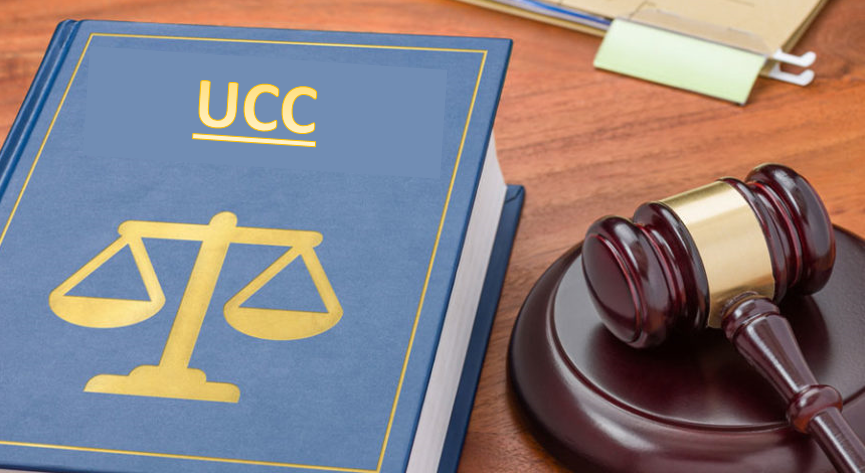Published On: September 3rd 2025
Authored By: Amna Ansari
United University
Case Title :- Mohd. Ahmed Khan v. Shah Bano Begum & Others
Citation :- AIR 1985 SC 945: 1985 SCR (3) 844: 1985 SCC (2) 556
Court :- Supreme Court of India
Bench :-
- Chief Justice Y.V. Chandrachud
- Justice D.A. Desai
- Justice O. Chinnappa Reddy
- Justice A. Varadarajan
- Justice S. Murtaza Fazal Ali
Date of Judgment :- April 23, 1985
Relevant Statutes/Key Provisions
- Section 125 of the Code of Criminal Procedure (CrPC), 1973 – Maintenance for wives, children, and parents.
- Muslim Personal Law (Shariat) Application Act, 1937 – Governs maintenance and divorce under Islamic law.
- Article 44 of the Indian Constitution – Directive Principle of State Policy on Uniform Civil Code.
Brief Facts
Shah Bano Begum, a 62-year-old Muslim woman, was divorced by her husband, Mohd. Ahmed Khan, a lawyer, in 1978 after 43 years of marriage. He initially paid her maintenance but later stopped, arguing that under Muslim Personal Law, he was only obligated to provide maintenance during the iddat period (three months after divorce).
Shah Bano filed a petition under Section 125 CrPC in a local court, seeking maintenance. The court ordered Khan to pay ₹25 per month, later increased to ₹179.50 by the High Court. Khan appealed to the Supreme Court, contending that Muslim Personal Law absolved him from further maintenance beyond the iddat period.
Issues Involved
- Whether a Muslim divorced woman is entitled to maintenance under Section 125 CrPC beyond the iddat period?
- Whether Section 125 CrPC overrides Muslim Personal Law on maintenance? 3. Whether the provisions of Muslim Personal Law violate fundamental rights under Articles 14 (equality) and 21 (right to life)?
- Whether the judgment encourages the implementation of a Uniform Civil Code (UCC) under Article 44?
Arguments
Petitioner’s (Mohd. Ahmed Khan) Arguments :-
Muslim Personal Law limits maintenance to the iddat period (three months). – Section 125 CrPC does not apply to Muslims as it conflicts with Islamic law. – The Muslim Women (Protection of Rights on Divorce) Act, 1986 (enacted later) codifies this position.
Respondent’s (Shah Bano) Arguments :-
Section 125 CrPC is a secular law applicable to all Indian women, regardless of religion.
Denying maintenance violates Article 14 (Right to Equality) and Article 21 (Right to Life with Dignity).
The Quran itself supports financial assistance to divorced women beyond iddat if they are unable to maintain themselves.
Judgement
The Supreme Court ruled in favor of Shah Bano, holding:
- Section 125 CrPC applies to all Indian women, including Muslim divorcees, as it is a secular provision meant to prevent destitution.
- Muslim Personal Law does not override Section 125, as the CrPC is a general law applicable to all citizens.
- The Quranic interpretation supports maintenance if the woman cannot sustain herself. 4. The Court recommended a Uniform Civil Code (UCC) under Article 44 to eliminate gender disparities in personal laws.
Ratio Decendi
- Secular laws (like CrPC) prevail over religious personal laws in matters of public welfare. – Maintenance is a fundamental right under Articles 14 & 21, ensuring dignity for divorced women.
- Courts can interpret religious laws to align with constitutional principles.
Obider Dicta
- Justice Chandrachud emphasized the need for a Uniform Civil Code (UCC) to ensure gender justice.
- The judgment criticized gender discrimination in personal laws and urged legislative reform.
Final Decision
- Shah Bano won the case; the Supreme Court upheld her right to maintenance under Section 125 CrPC.
- The ruling triggered political backlash, leading to the Muslim Women (Protection of Rights on Divorce) Act, 1986, which diluted the judgment by restricting maintenance to the iddat period unless agreed otherwise.
Impact & Aftermath
The case remains a landmark in gender justice and secularism debates. – It highlighted the tension between religious laws and constitutional rights. – Later judgments (Daniel Latifi v. Union of India, 2001) upheld that Muslim women can claim maintenance beyond iddat under reasonable and fair provision.
Conclusion
The Shah Bano case was a turning point in Indian legal history, exposing the conflict between religious personal laws and gender equality. While the judgment was partially overturned by legislation, it remains a symbol of judicial activism advocating for women’s rights and a Uniform Civil Code.



